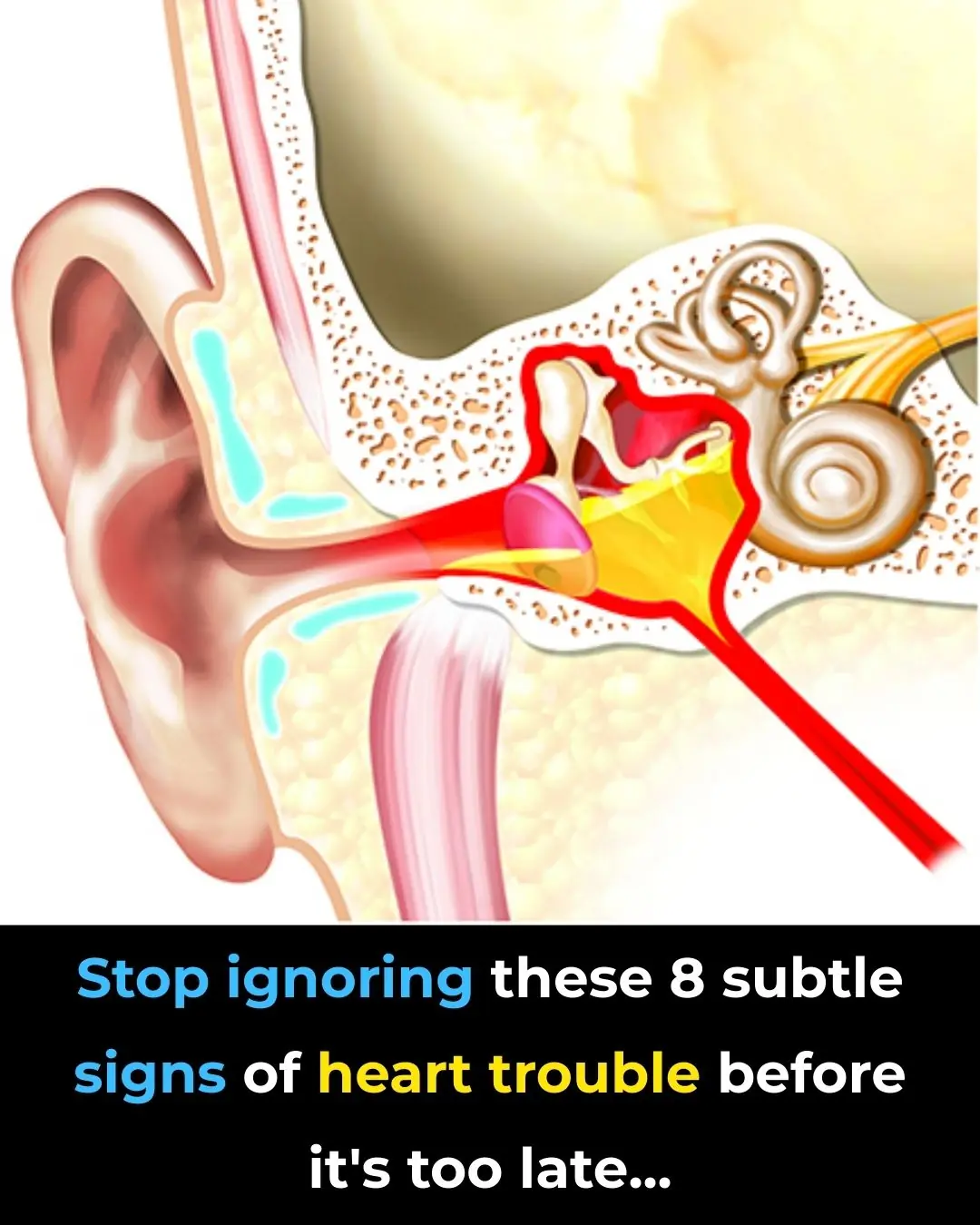
How To Get Rid of Phlegm And Mucus
How to Get Rid of Phlegm and Mucus in the Chest and Throat
We’ve all experienced that heavy, sticky feeling — your chest feels tight, your throat is coated with gunk, and even breathing or talking becomes a chore. Excess phlegm and mucus can make you miserable, whether it’s due to a cold, allergies, smoking, or simply dry indoor air.
While mucus itself isn’t the enemy — your body actually produces it to trap bacteria and protect your airways — too much of it can clog breathing passages, irritate the throat, and make you feel sluggish or congested.
The good news? There are plenty of simple, natural ways to help clear your airways and breathe more freely. Here are 10 proven strategies to reduce phlegm and mucus buildup, soothe your throat, and support better respiratory health.
1. Stay Hydrated
Why it works: Fluids help thin out thick mucus, making it easier for your body to expel it naturally.
What to do:
-
Drink plenty of warm fluids throughout the day — water, clear broth, or herbal teas.
-
Add honey and lemon to warm water for extra soothing and antibacterial power.
-
Avoid alcohol, sugary sodas, and excess caffeine, which can dehydrate your system and thicken mucus.
💡 Pro tip: Aim for at least 8–10 cups of fluid daily, especially if you’re coughing or have a fever.
2. Use Steam Inhalation
Why it works: Steam moistens your airways and helps loosen trapped mucus in your chest and sinuses.
What to do:
-
Pour hot (not boiling) water into a large bowl.
-
Lean over it with a towel covering your head to trap the steam.
-
Inhale deeply for 10–15 minutes.
-
For added relief, add a few drops of eucalyptus, peppermint, or tea tree oil — all of which have natural decongestant properties.
Bonus tip: A hot shower or bath can offer similar steam therapy benefits if you’re short on time.
3. Gargle with Salt Water
Why it works: Salt helps draw out excess fluid, break down mucus, and soothe sore throat tissues.
What to do:
-
Dissolve ½ teaspoon of salt in a glass of warm water.
-
Gargle for 30 seconds, then spit it out.
-
Repeat 2–3 times a day for best results.
This simple remedy can also help reduce bacteria in the throat and calm inflammation.
4. Try Natural Expectorants
Why it works: Certain foods and herbs help the body break down and expel mucus more efficiently.
What to try:
-
Ginger: Sip ginger tea or chew fresh slices to reduce inflammation and boost immunity.
-
Spicy foods: Chili peppers, horseradish, and wasabi stimulate mucus flow and clear nasal passages.
-
Turmeric: Add ½ teaspoon of turmeric powder to warm milk or water — it’s anti-inflammatory and supports lung health.
-
Peppermint oil: Inhale its vapors or use it in a diffuser to open up the airways.
These natural remedies not only clear phlegm but also help your body recover from infections faster.
5. Use a Humidifier
Why it works: Dry air can worsen congestion and irritate the throat. A humidifier adds moisture back into the air, helping to keep your mucus thin and your breathing easier.
What to do:
-
Use a cool-mist humidifier at night, especially during dry seasons or if you use air conditioning often.
-
Clean your humidifier daily to prevent mold or bacteria buildup.
You can also place bowls of water near heat sources or hang wet towels in your room to naturally increase humidity.
6. Practice Deep Breathing Exercises
Why it works: Deep breathing helps expand your lungs, encourages mucus drainage, and strengthens your respiratory muscles.
What to do:
-
Sit upright with your shoulders relaxed.
-
Inhale deeply through your nose for 4 seconds.
-
Hold for 2 seconds, then exhale slowly through pursed lips for 6 seconds.
-
Repeat 5–10 times, twice a day.
These breathing exercises can also improve oxygen intake and calm your nervous system, helping you feel more relaxed.
7. Elevate Your Head While Sleeping
Why it works: Lying flat allows mucus to pool in the throat, leading to coughing or disrupted sleep.
What to do:
-
Use extra pillows to prop up your head and upper chest.
-
Sleeping slightly upright helps drain mucus naturally and reduces nighttime congestion.
-
If you have acid reflux, elevating your head can also prevent irritation that triggers mucus production.
8. Avoid Irritants
Why it works: Irritants such as smoke, dust, and strong odors can stimulate mucus overproduction.
What to do:
-
Avoid smoking and exposure to secondhand smoke.
-
Use an air purifier or open windows regularly to improve indoor air quality.
-
Limit exposure to household chemicals, perfume sprays, or polluted air.
-
If allergies are a trigger, consider using nasal filters or saline nasal sprays to flush out allergens.
9. Consider Over-the-Counter Remedies
Why it works: Certain medications can help loosen, thin, and remove mucus buildup.
What to try:
-
Guaifenesin (Mucinex) – an expectorant that helps make mucus easier to cough out.
-
Decongestants – relieve sinus pressure and nasal stuffiness.
-
Nasal saline sprays – moisten and cleanse the nasal passages.
⚠️ Always follow dosage instructions and check with a doctor if you’re pregnant, on other medication, or if symptoms persist for more than 10–14 days.
10. Sip Warm, Soothing Drinks
Why it works: Warm beverages calm throat irritation, thin mucus, and promote relaxation.
Try this natural lung-cleansing recipe:
Ingredients:
-
1 tbsp fresh lemon juice
-
1 tbsp raw honey
-
1 tsp grated ginger
-
½ tsp turmeric powder
-
1 cup warm water
Instructions:
-
Combine all ingredients in a mug.
-
Stir until the honey dissolves completely.
-
Sip slowly and breathe in the warm vapors as you drink.
This soothing blend supports immunity, reduces inflammation, and helps loosen mucus naturally.
Final Thoughts
Getting rid of excess phlegm and mucus isn’t just about comfort — it’s about supporting your lung and immune health. With a few simple habits — staying hydrated, breathing deeply, humidifying your air, and avoiding irritants — you can help your body recover faster and breathe easier.
However, if symptoms last for more than a few weeks, are accompanied by fever, chest pain, or shortness of breath, don’t ignore them. Persistent mucus could indicate conditions like bronchitis, sinusitis, or asthma, which may require medical treatment.
Until then, drink your tea, breathe deeply, rest well — and let your body do what it does best: heal itself.
News in the same category


Powerful Health Benefits of Pineapple You Should Know

The Surprising Health Benefits of Sleeping in a Cold Room

High Blood Sugar Warning Signs

🥚 A Look at How Certain Boiled Egg Habits May Affect Your Heart Health

🌿 Clove Water Sitz Baths for Women: A Gentle Guide to Hygiene and Comfort

What Happens to Your Body When You Eat Canned Tuna Every Day

17 Warning Signs Your Liver Is Crying for Help

How to Support Your Kidneys Naturally Using 1 Teaspoon of Baking Soda

Fish oil cuts CV risk nearly in half for dialysis patients

The hidden heart danger doctors say is more common in people with diabetes

The surprising power of 4 seeds to repair your nerves naturally

Trial: mRNA Flu Vaccines More Effective Than Quad

3 Miracle Herbs to Instantly Lower Blood Pressure & Clear Arteries Naturally

The Surprising Uses of Lemon and Charcoal: A Natural Mix That May Change Your Daily Routine

The Green Bell Pepper Hair Growth Secret You NEED to Know

Eating eggs every day can help you live longer

3 Miracle Herbs to Instantly Lower Blood Pressure & Clear Arteries Naturally

What is its effect. do you know?

Stop Ignoring These 8 Subtle Signs of Heart Trouble Before It’s Too Late
News Post

High-Dose Nifedipine Linked to Increased Risk of Sudden Cardiac Arrest, New Study Suggests

How the U.S. Escaped Hurricane Landfalls in 2025

Ancient Shark Fossils Unearthed in Mammoth Cave Rewrite 325 Million Years of Evolutionary History

Powerful Health Benefits of Pineapple You Should Know

How an Italian Police Lamborghini Huracán Helped Save Lives by Delivering Kidneys Across Italy

Can Spinal Screws Push Through the Skin? Understanding a Rare but Serious Post-Surgery Complication

Why the Tongue Is One of the Most Important Organs in the Human Body

What You Do First in This Scenario

The Surprising Health Benefits of Sleeping in a Cold Room

A 4-Minute, Zero-Effort Hack to Clean Grill Gunk – The Simple Trick My Nana Taught Me

High Blood Sugar Warning Signs

🥚 A Look at How Certain Boiled Egg Habits May Affect Your Heart Health

Small Steps, Big Impact: How 4,000 Steps a Day Can Transform Your Health

🌿 Clove Water Sitz Baths for Women: A Gentle Guide to Hygiene and Comfort

What Happens to Your Body When You Eat Canned Tuna Every Day

17 Warning Signs Your Liver Is Crying for Help

How to Support Your Kidneys Naturally Using 1 Teaspoon of Baking Soda

Fish oil cuts CV risk nearly in half for dialysis patients

The hidden heart danger doctors say is more common in people with diabetes
